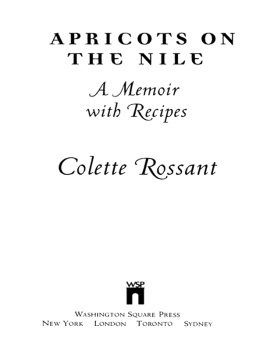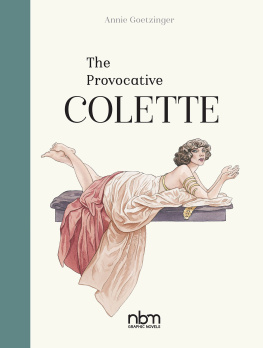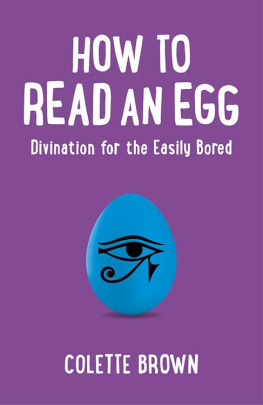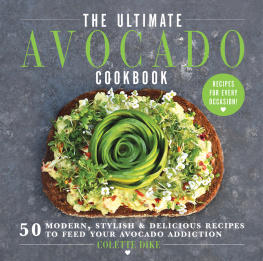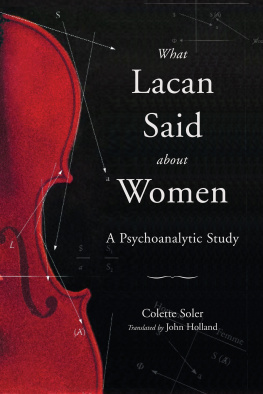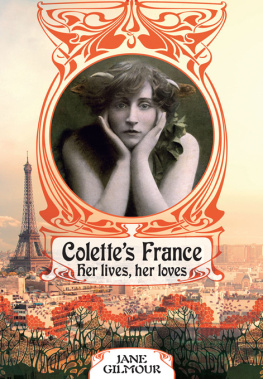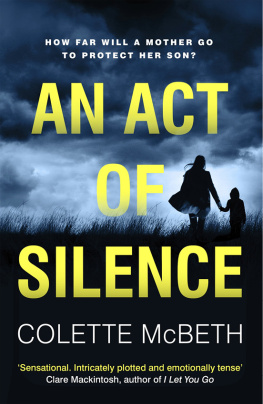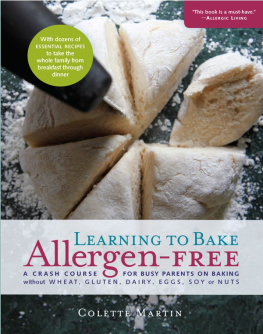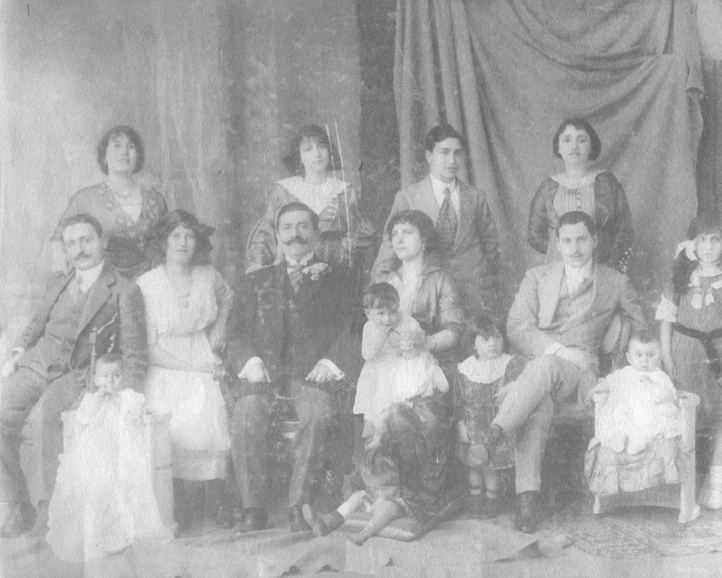All rights reserved, including the right to reproduce this book or portions thereof in any form whatsoever. For information address Washington Square Press, 1230 Avenue of the Americas, New York, NY 10020
WASHINGTON SQUARE PRESS and colophon are registered trademarks of Simon & Schuster, Inc.
I WANT TO THANK MY CHILDREN, who for many years listened to my stories and urged me to write them down. A special thanks goes to my oldest daughter, Marianne, who carefully read every chapter, asking questions and making valuable suggestions. A heartfelt thanks goes to my agent and friend, Gloria Loomis, who encouraged me to write this book; to my editor, Roy Finamore, who trusted me and did a beautiful job of editing; and to my husband and friend, James, who has stood by me all these years.
CHAPTER 1
My Mother
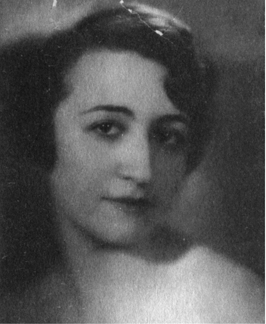
I AM PEELING SHRIMP FOR MY MOTHER. MOST LIKELY , shell refuse them. She eats nothing at the Mother Cabrini Hospice, where she is dying of cancer. Three months ago, the doctors gave her three months to live; it is clear to me that she has no intention of dying yet, as if hanging on were a matter of spiteful retaliation. She complains all the time in a whiny French voice, especially when attendants are hovering near her bed. Each time the dietitian asks her what shed like, my mother answers, Chinese shrimp with vegetables, as if shes in Chinatown. I have finally found the time to prepare this fantasy dish in my own kitchen, convinced that the greasy version from a restaurant will kill her. Perhaps I should have gone for the take-out.
I visit her every afternoon. When I come in, she is usually asleep, or at least pretends to be. The television is always on, with the sound turned off. She lies still, her face turned toward the television, her eyes closed. The skin of her face is very taut. Her head looks like a skull with an immense forehead because her hair is pushed all the way up. I sit on a dark brown leatherette chair and wait for her to wake up. Her hands, with their perfectly manicured nails, lie still beside her thighs. She was always proud of her long-fingered, elegant hands. Mine show the signs of washing, cooking, and gardening: short, jagged nails; swollen knuckles; heavy cuticle moons. I used to be very jealous of her hands, but Ive since found revenge through my three daughters, who have magnificent hands. The Haitian nurse comes in to look at her, checks her breathing, and leaves. When my mother is awake, she tells mein Frenchhow vulgar she finds the nurses nails, which are very long and airbrushed with intricate designs and sprays of glitter. Once a week I bring the nurse chocolate to appease my guilt, and to make sure my mother doesnt receive retaliation in the guise of care.
My mother wakes up and looks at me. She is silent and unsmiling.
I brought you some Chinese shrimp. You want to try some? I say. She continues to stare at me in silence.
What time is it? she asks suddenly, minutes later.
Half past five. Do you want to try to eat? The shrimps? Theyre still hot. With irritation etched on her mouth, she rasps, Im not hungry. Ill eat later.
There are long silences between us. We never talk about anything that is important: God, love, my father, her life without us, how she met my stepfatherwho had died a few years earlieror why she became Catholic when she had been raised in the Jewish faith. My father died in Aswan when I was six. I vaguely remember him.
My mother never talks about him, and I always avoid bringing this subject up as I know from experience that our conversation will lead nowhere. I dont know why. When he died, she left me for four years with my Egyptian grandparents. I never knew what she really felt about me, and I still dont know today. When we went back to Paris after the war, she again left me, this time with her mother, and I did not see her until I was twenty. When I moved to the United States with my husband, she wanted to follow us to New York. I think she was lonely and she thought that we would be friends and that I would let her come into my life. It never happened. I made sure that she lived nearby but never with us. We always pretended that we loved each other, but I had built myself a world of memories where my mother is nowhere to be found. I want it to stay that way.
It is sixtime for Father Pauls visit. He comes in, smiling. How is my girl today? My mother beams, slightly flirty, and tells him shes just fine. Maybe now shell eat. As the priest leaves, I plead, You want to taste the shrimp? Theyll get cold if you dont eat them now. She tries one, then another, and finally smiles like a small child who has gotten what she wants. Theyre good but theyre not Chinese, she says petulantly as she pushed the plate away and closes her eyes. She dozes off and I wait, flipping through the thick photo album by her bed. There are many picturesin tones of pale grayof my mother when she was young. She is at the beach in a convertible at her wedding. I gaze at her lush, tall body in a long, white satin dress with the undulating waves of a train arranged behind her and a heavy, cascading bouquet in her hand. My father is taller than she and darkly handsome like an Arab prince. There are pictures of them on their honeymoon in Venice, then in Paris on their balcony. Then page after page of my brother, and just a few of me. There is a picture of me in Cairo in my grandparents house. My brother and I are sitting on a white Victorian couch with a gilded frame. I am an adorable little girl with curly hair and a shy smile. I look at these pictures with a smile; I feel very tender toward that little girl.
I am painfully pulled from the beginning of a journey I was afraid to take by my mothers strangely low voice. I was beautiful, she says, as if she had never fallen asleep. She had been, in all her heavy curves and thick auburn hair, and large, lazy hands. Whenever she would take me in her arms and pressed my little childs body against her, Id flash back to one of the only times she took me food shopping, a job normally undertaken by my governess or the cook. I was four at the time, and while my mother was ordering something, my curious eyes spotted an enormous hill of sweet butter. I suddenly felt the urge to bury my hands in it. It looked and smelled so good, I went for it. The saleswoman screamed, my mother slapped me, and my hands were retrieved from the yellow hill. I tried to lick them, but my buttered hands were pulled out of my mouth. My mother wiped my hands, apologized, paid for the damages, and dragged me out of the store. She never took me shopping again with her, and from that day, whenever she drew me close to her, I thought of her as a large lump of butter, except her smell was not as pleasant. She used a heavy carnation-scented perfume that turned my stomach. I would push her away, saying, You smell terrible. Well, you stink of garlic! my mother would answer. And it was true, since I liked dunking a piece of fresh baguette into a dish of crushed garlic marinating in olive oil and seasoned with salt and pepper that Georgette, my grandmothers cook, often prepared for me, instead of the traditional petit pain au chocolat that most French children ate with relish.

